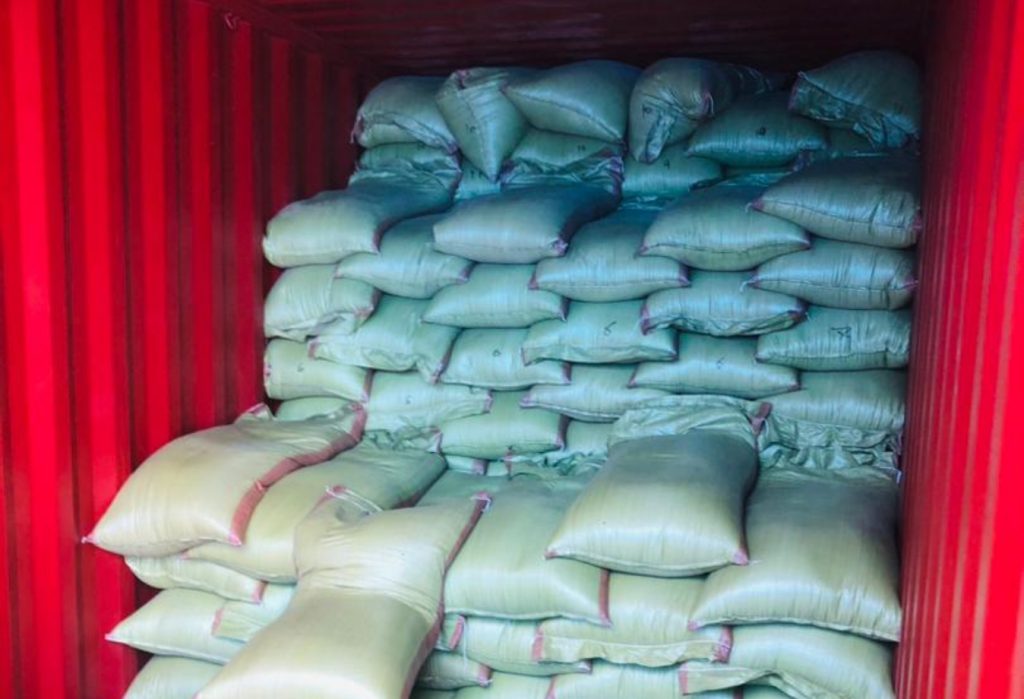Logistic activities
Our Logistic activities encompass a broad range of tasks and processes essential for the efficient movement, storage, and handling of goods throughout the supply chain. These logistics activities work together to ensure that goods are delivered efficiently, cost-effectively, and in good condition, meeting customer expectations and business objectives. Key logistics activities include:

Transportation Management
Planning and managing the movement of goods from origin to destination using various modes of transport (road, rail, air, sea).
Warehousing and Storage
Managing storage facilities where goods are held before distribution, including inventory management and control.
Inventory Management
Tracking and managing inventory levels to ensure optimal stock levels, reduce carrying costs, and meet customer demand.
Order Fulfilment
Processing customer orders from receipt to delivery, ensuring timely and accurate order picking, packing, and shipping.
Materials Handling
Efficiently handling goods within warehouses and distribution centers, including loading, unloading, and moving goods using appropriate equipment.
Packaging
Ensuring goods are properly packed to protect them during transportation and storage, and to comply with regulations and customer requirements.
Demand Planning and Forecasting
Analyzing market trends and historical data to predict future demand and plan accordingly.
Distribution Management
Overseeing the delivery of goods from warehouses to end customers, including route planning and optimizing delivery schedules.
Customs and Regulatory Compliance
Ensuring all goods comply with international, national, and local regulations, including customs clearance and documentation.
Supplier and Vendor Management
Coordinating with suppliers and vendors to ensure timely and efficient procurement of goods and services.
Technology and Information Systems
Utilizing logistics information systems (LIS), warehouse management systems (WMS), and transport management systems (TMS) to streamline operations and enhance visibility.
Sustainability Practices
Implementing eco-friendly practices to reduce the environmental impact of logistics activities, such as optimizing routes to reduce fuel consumption and emissions.
Risk Management
Identifying potential risks and developing strategies to mitigate them, including contingency planning and insurance.
Optimize Your Agricultural Logistics with Raspan
Contact us today to streamline your agricultural logistics and ensure efficient, reliable transportation for your produce. Trust Raspan for all your logistics needs!


